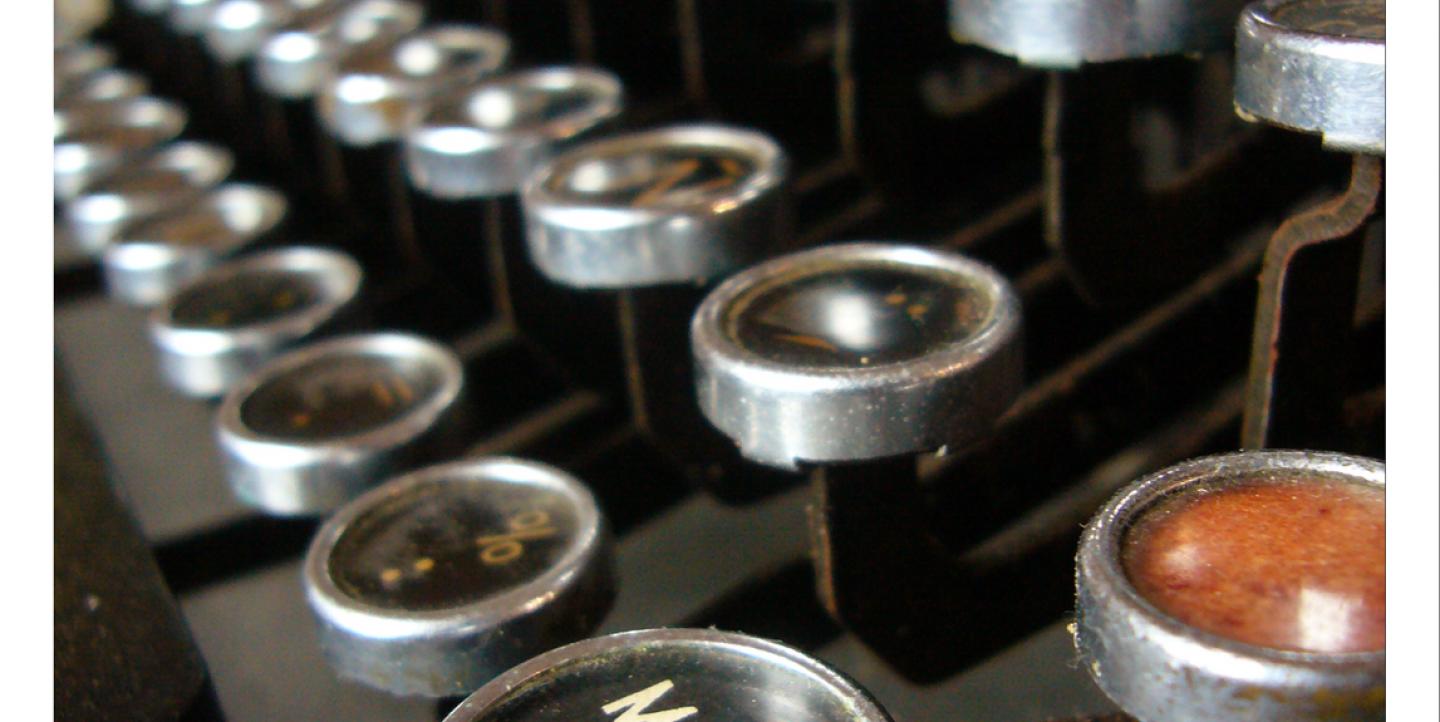The International Center for Journalists (ICFJ) released the Spanish-language manual “Ética Periodística en la Era Digital (Journalism Ethics in the Digital Age),” a guide that addresses the main concerns of journalists and media organizations around the world regarding the ethical challenges of the fast-paced, era of digital news.
The manual is divided into 10 chapters that explore topics such as mininformation and an emerging post-truth era. Among the solutions to tackle the post-truth phenomena, the manual emphasizes the work of fact-checking sites that expose misinformation and promote verified information instead.
The manual also encourages audiences to detect fake news on their own, highlights the need to train students and journalists to appreciate the value of truth and stresses the need for quality investigative and data journalism.
The manual also addresses the challenges that result from the expectation of instant updates and fast-paced news, as well as editorial independence, new financial structures that result from digital publication and how to avoid sensationalism in a visual era.
Colombian journalist Javier Darío Restrepo, director of the Ethics Office of the Gabriel García Márquez Foundation for New Ibero-American Journalism (FNPI), teamed up with Luis Manuel Botello, deputy vice president of new initiatives and impact at ICFJ, to compile the manual about the problems facing journalists in the digital age. The project was supported by UNESCO and the government of Sweden.
The authors consulted experts and interviewed more than 30 Latin American journalists during a presentation on journalism and ethics held at the Latin American Conference of Investigative Journalism (COLPIN).
ICFJ has launched a Spanish-language microsite to complement the manual, with videos about the topics addressed in the manual.
In the midst of confusion about the validity of information published on social platforms, journalists need to be particularly careful. The manual explores that responsibility.
"The most common mistakes are to assume that everything circulating on social platforms is true, and to take claims too lightly,” said Botello. “In a world where everyone has a publishing platform at hand, the culture of fact-checking becomes more relevant."
With the emergence of user-generated content and news, it is now more important than ever to produce higher-quality journalism. The manual suggests that journalists should be able to "fill in the gaps and deficiencies" during breaking news events, where incomplete and unverified information can spread across the internet in a second.
With so much unverified and anonymous content circulating the internet, news literacy should also be a continued focus so that consumers will be able to identify quality information and reliable sources.
According to Restrepo, some of the most important recommendations for journalists facing ethical dilemmas in the digital era can be solved by understanding that journalism is an act of public service.
"The challenge is to look at the crisis caused by the digital culture as an opportunity. This challenge needs to be complemented by a reflection on the phenomenon of post-truth and the relationship between journalism and digital technologies,” said Restrepo. “Today, such reflection [is often] sacrificed for the sake of urgency and comprehensive information may be sacrificed for the sake of brevity."
When journalists face the dilemma of whether to provide immediate but incomplete information, or belated but exhaustive, the manual suggests that journalists should ask themselves a series of questions, including: What advantages does instant news offer to the readers? Who benefits from the speed of information?
Instant information can be useful in situations such as natural disasters, where it can help save lives. However, the authors explain that when it comes to communicating political agreements or new legislation, speed should not be a priority.
You can read the manual in Spanish or visit the microsite for more information.
Vladimir Vásquez is a Nicaraguan journalist. He currently works as a freelancer and is also director and co-founder of Terabyte Nicaragua.
Main image CC-licensed by Flickr, via anlopepe.

